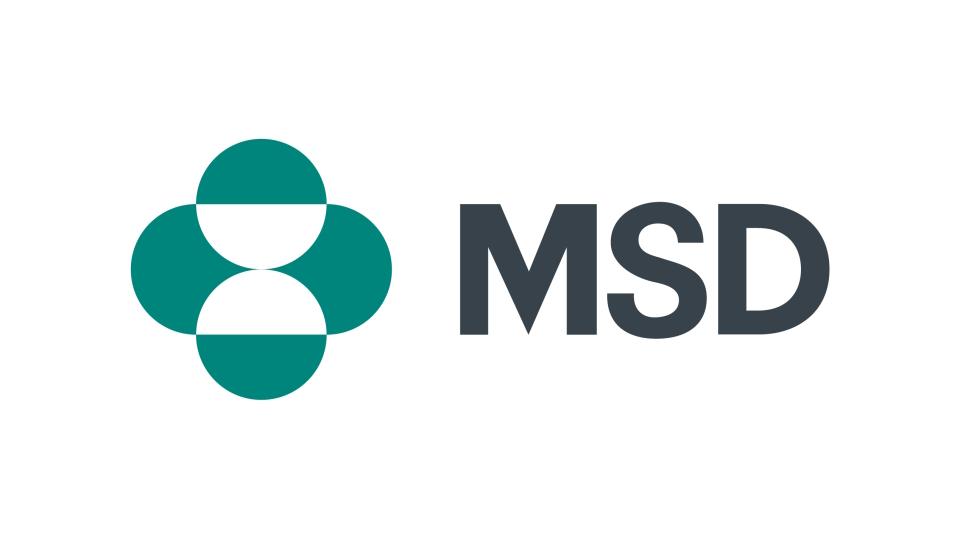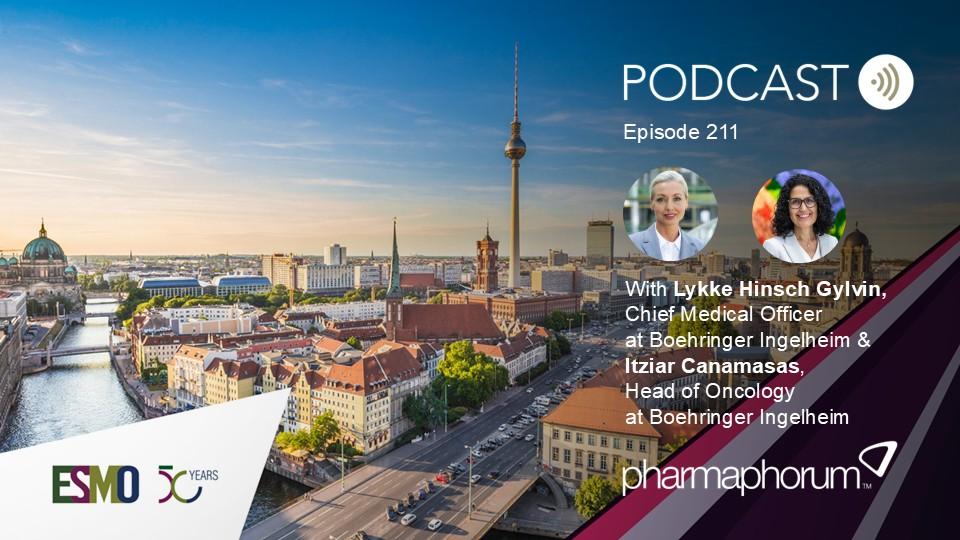MSD, Daiichi Sankyo lung cancer ADC starts phase 3

One of three antibody-drug conjugates licensed by MSD for $4 billion upfront last year has started phase 3 testing in a form of lung cancer.
The first patient has been treated in the pivotal Ideate-Lung02 trial of ifinatamab deruxtecan (I-DXd) in patients with previously treated, extensive-stage small cell lung cancer (SCLC), comparing the ADC to physician's choice of chemotherapy.
I-DXd targets B7-H3, a protein overexpressed on the surface of a wide variety of cancer cells that bind to the CD28 family of receptors, which includes PD-1, targeted by MSD's widely used checkpoint inhibitor Keytruda (pembrolizumab).
There are currently no B7-H3-directed medicines approved for the treatment of any cancer, although there are plenty of companies with designs on bringing one to market. That includes GSK – which licensed a B7-H3 ADC from Hansoh Pharma in a $1.5 billion-plus deal signed last December – and MacroGenics, which has a candidate called vobramitamab duocarmazine (vobra duo) in phase 2 testing.
MacroGenics' programme has been affected by safety issues, including patients deaths, in its clinical trials programme for vobra duo although the company says the side effects are manageable. Meanwhile, other companies with B7-H3-directed ADCs in the pipeline include Myricx and Mabwell.
IDeate-Lung-02 will enrol around 460 patients with relapsed SCLC following disease progression with one prior line of platinum-based chemotherapy, pitting I-DXd against second-line options amrubicin, lurbinectedin, or topotecan. The dual primary endpoints are objective response rate (ORR) and overall survival (OS), with results due in 2027, according to the clinicaltrials.gov listing for the study.
SCLC is the second most common type of lung cancer, accounting for about 15% of all lung cancers, with overexpression of B7-H3 seen in around two-thirds of cases. It is an aggressive tumour, metastasizing rapidly, and has a five-year survival rate of only 3%.
MSD – known as Merck & Co in the US and Canada – acquired rights to HER3-directed ADC patritumab deruxtecan (HER3-DXd), anti-CDH6 candidate raludotatug deruxtecan (R-DXd) and I-DXd last October in a deal with a total potential value of $22 billion.
All hasn't gone entirely to plan, however, as the FDA said in June it was unable to approve HER3-DXd as a third-line or later treatment for adults with locally advanced or metastatic EGFR-mutated non-small-cell lung cancer (NSCLC). The regulator gave manufacturing issues as the reason, however, so the delay could be relatively short.
Meanwhile, MSD and Daiichi Sankyo have also started the REJOICE-Ovarian01 phase 2/3 study for R-DXd in patients with platinum-resistant ovarian cancer, with results due in 2027.












